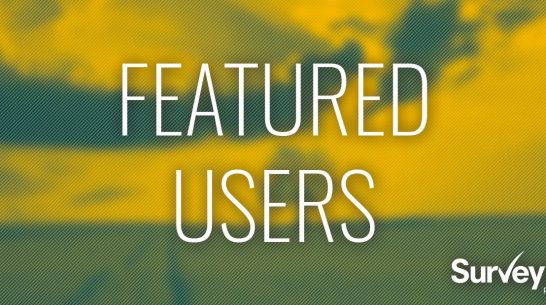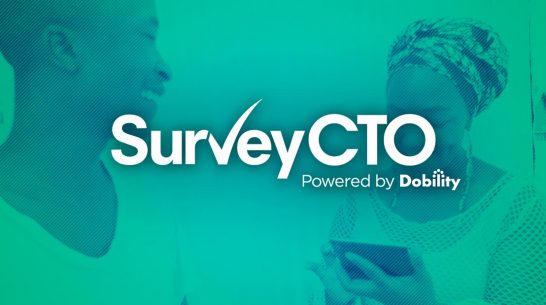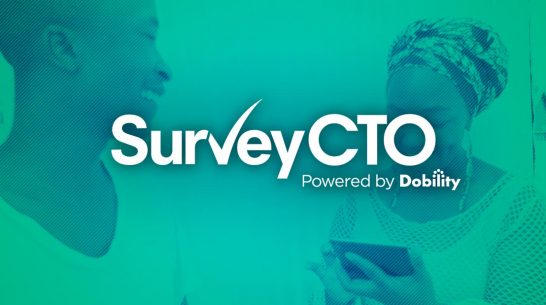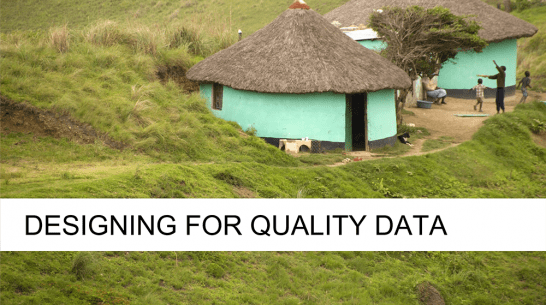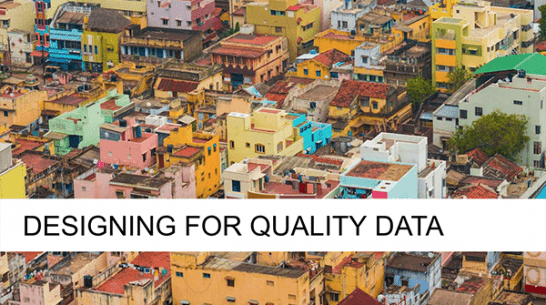Integrating immigrants in Chile
During the past few years, Chile has seen a marked increase in the number of immigrants entering the country, many of whom are seeking better economic conditions. Public policy has not kept pace with the complex realities on the ground; as such, the J-PAL Latin America and the Caribbean (J-PAL LAC) sees a critical role for the generation of evidence than can inform policy and programming. We connected with J-PAL LAC's Constanza Palacios to learn more about one of their current projects, "Integration of migrants in Chile: the impact of networking."

